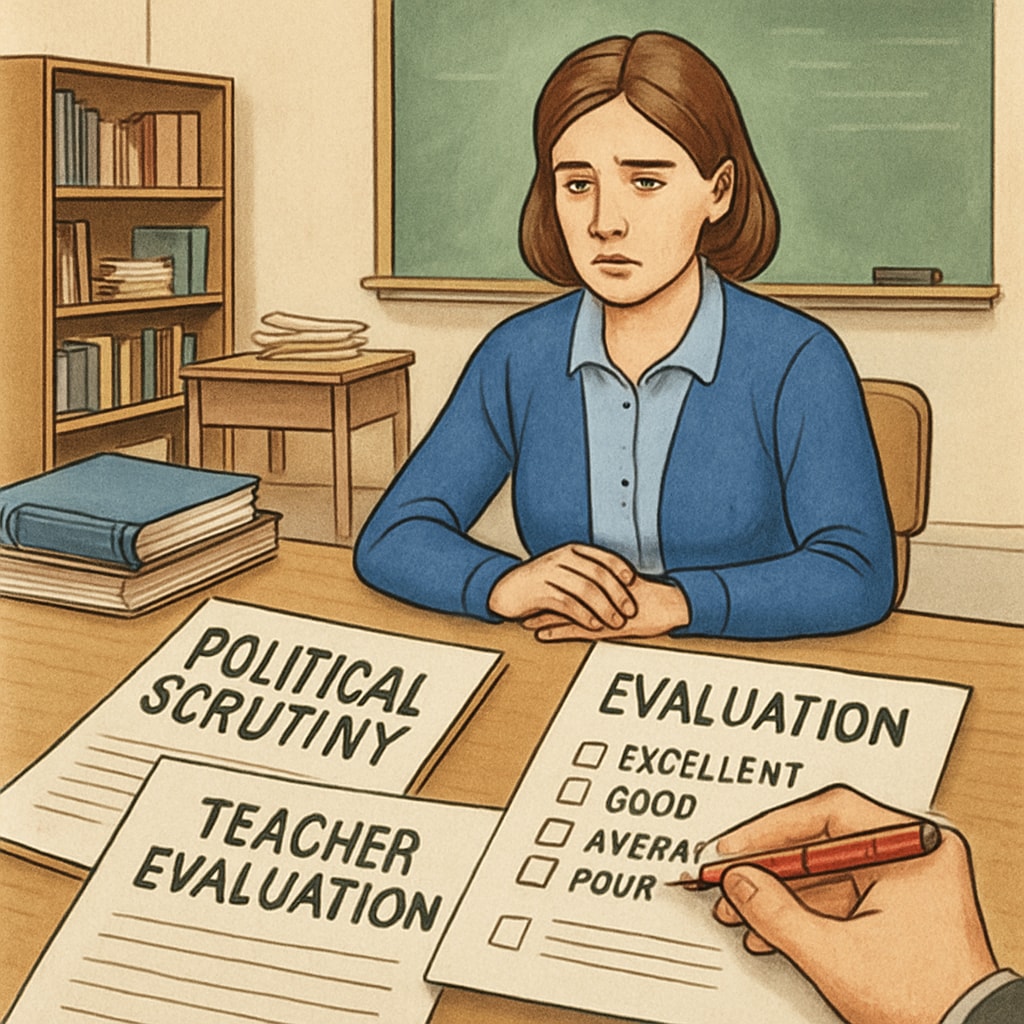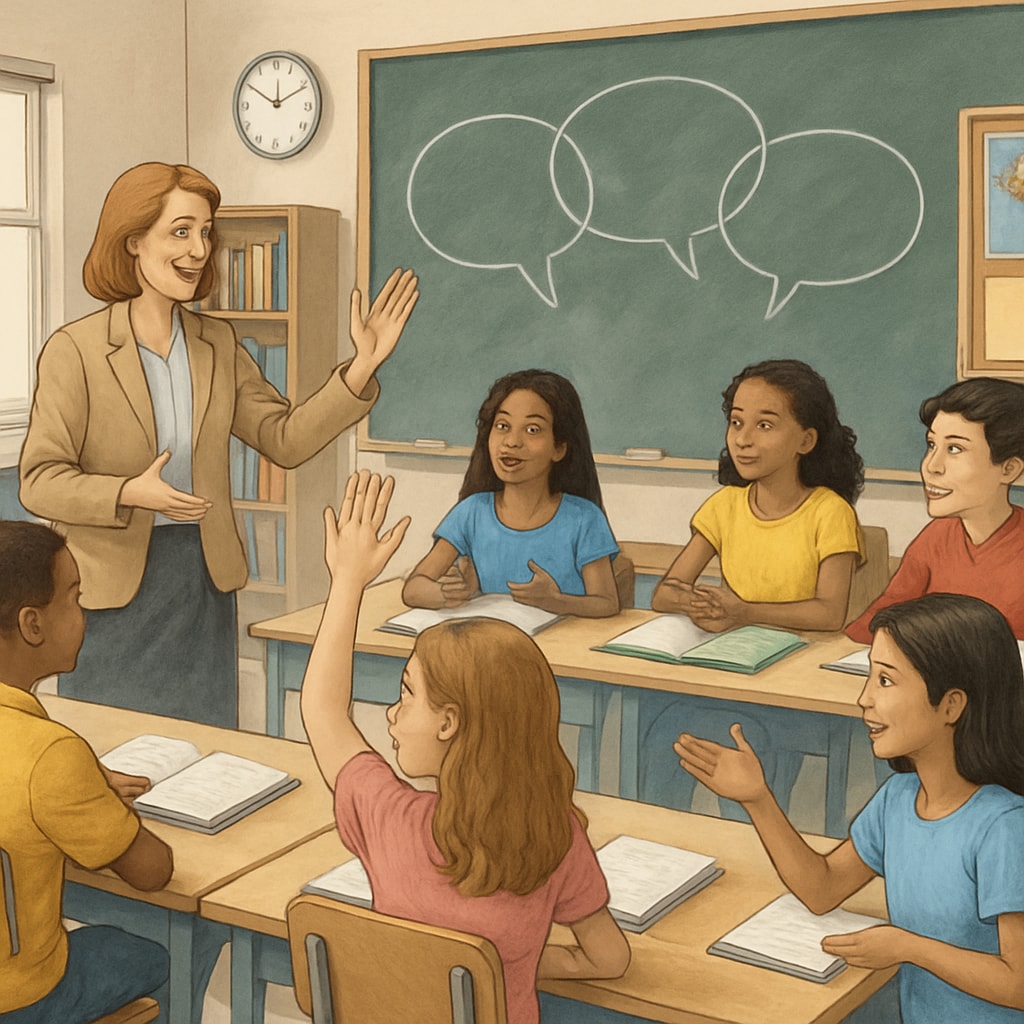The recent decision by Oklahoma to introduce a political litmus test for out-of-state teacher applicants has generated significant controversy in the education sector. This new policy, which seeks to evaluate the political ideologies of prospective teachers, has sparked concerns about its implications for fairness in hiring practices, the fostering of diverse perspectives, and the preservation of academic freedom. Critics argue that intertwining education with such overt ideological scrutiny could undermine the foundational principles of public education, which should prioritize knowledge, critical thinking, and inclusivity over political conformity.

What Does Oklahoma’s Political Litmus Test Entail?
Oklahoma’s initiative involves assessing the political beliefs of out-of-state teachers applying for positions within the state. While the specific metrics of this test remain unclear, reports suggest that applicants may need to disclose their stance on various political and social issues. Proponents of the policy argue that it is designed to ensure that educators align with “community values” and avoid promoting divisive ideologies within classrooms. However, opponents contend that such measures are a veiled attempt to enforce conformity and suppress dissenting viewpoints.
This practice raises critical questions: Should a teacher’s political beliefs determine their eligibility to educate? And can such an approach be implemented without violating constitutional protections, such as freedom of speech and expression?
The Broader Implications of Ideological Scrutiny in Education
The introduction of political litmus tests in teacher hiring processes could have far-reaching consequences. Here are some potential implications:
- Threat to Academic Freedom: Teachers may feel pressured to self-censor, avoiding important but potentially controversial topics to protect their jobs.
- Reduced Diversity of Thought: By filtering applicants based on political beliefs, schools risk creating echo chambers that fail to expose students to diverse perspectives.
- Legal and Ethical Concerns: Policies that evaluate personal ideologies may face challenges under anti-discrimination laws and constitutional protections.
According to Britannica’s definition of academic freedom, educators must have the liberty to teach and discuss ideas without external interference. Oklahoma’s policy seems to contradict this principle, potentially setting a dangerous precedent.

Balancing Community Values and Teacher Autonomy
While it is reasonable for communities to expect educators to uphold certain ethical and professional standards, enforcing political conformity risks undermining the very purpose of education. Schools should serve as arenas for intellectual exploration and critical thinking, not as battlegrounds for ideological control.
For example, the concept of academic freedom on Wikipedia highlights the importance of protecting educators from undue influence, ensuring that students are exposed to a wide array of perspectives. Striking a balance between respecting community values and preserving teacher autonomy is essential to maintaining the integrity of public education.
What Can Be Done Moving Forward?
To address these concerns, policymakers and educational institutions should consider the following approaches:
- Develop clear, unbiased criteria for teacher evaluations that focus on professional qualifications and teaching abilities rather than personal ideologies.
- Promote dialogue between educators, administrators, and community members to foster mutual understanding and respect for diverse viewpoints.
- Implement training programs to help teachers navigate politically sensitive topics in ways that encourage critical thinking without alienating students or parents.
Ultimately, education should aim to empower students with the skills and knowledge to navigate a complex and diverse world. Policies that prioritize ideological purity over educational excellence risk undermining this mission.
Readability guidance: This article uses short paragraphs, clear transitions, and minimal passive voice to enhance readability. Key points are summarized in lists and supported with external references to authoritative sources.


